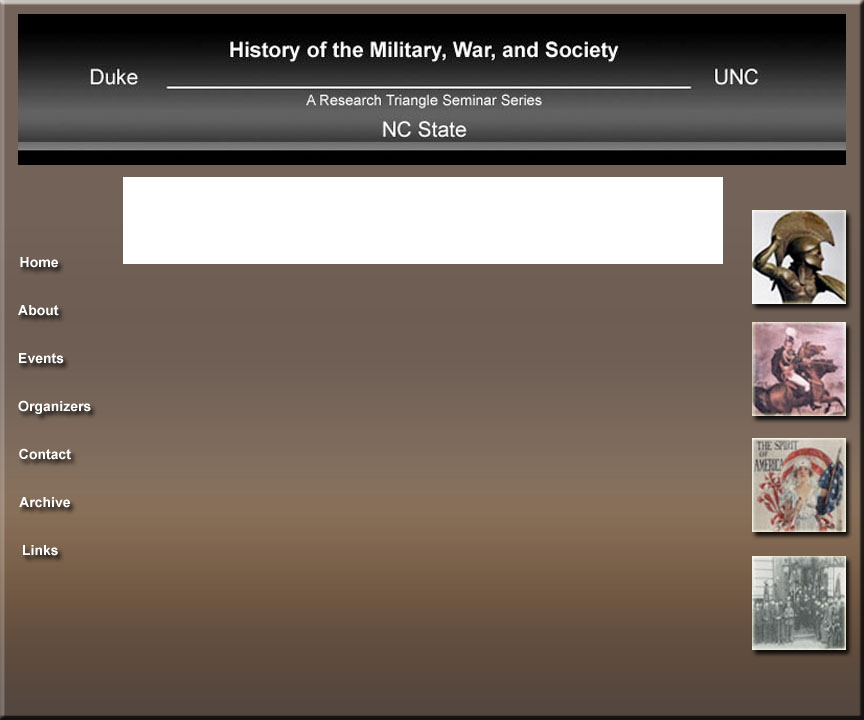
|
March 23, 2012 Friederike Brühöfener (UNC-Chapel Hill) Sending Young Men to the Barracks: In light of the Berlin Blockade (1948/49) and the outbreak of the Korean War (1950), the Western allies decided that the newly founded Federal Republic of Germany needed to be integrated into a Western defense community. This political move was welcomed by the Adenauer government, but faced severe opposition in the West German society, as large parts of society had to come to terms with the prospect of once again sending young men to the barracks. Since compulsory military service was defined solely as a man’s duty, many of the subsequent debates about West Germany’s rearmament centered on the question of how military life in barracks would shape and influence attitude and behavior of the Bürger in Uniform (male citizen in uniform). In this context, members of the parliament, representatives of the Ministry of Defense, church groups and social workers struggled to delineate acceptable behavioral and morale traits for the West German man in uniform. This struggle, the paper argues, was an important aspect of the overall attempt to fashion military forces that could be integrated into the newly established West German society. Friederike Brühöfener is a doctoral candidate in the Department of History at UNC Chapel Hill. She finished her B.A. in History and German at the University Bielefeld, Germany in 2005. After spending a year as an exchange student in the Department of History at Johns Hopkins University, she completed her M.A. at the University Bielefeld in 2007. Her research and teaching interests include modern German and European history, history of masculinities, gender history, and cultural history. Co-sponsored by the Triangle Institute for Security Studies |